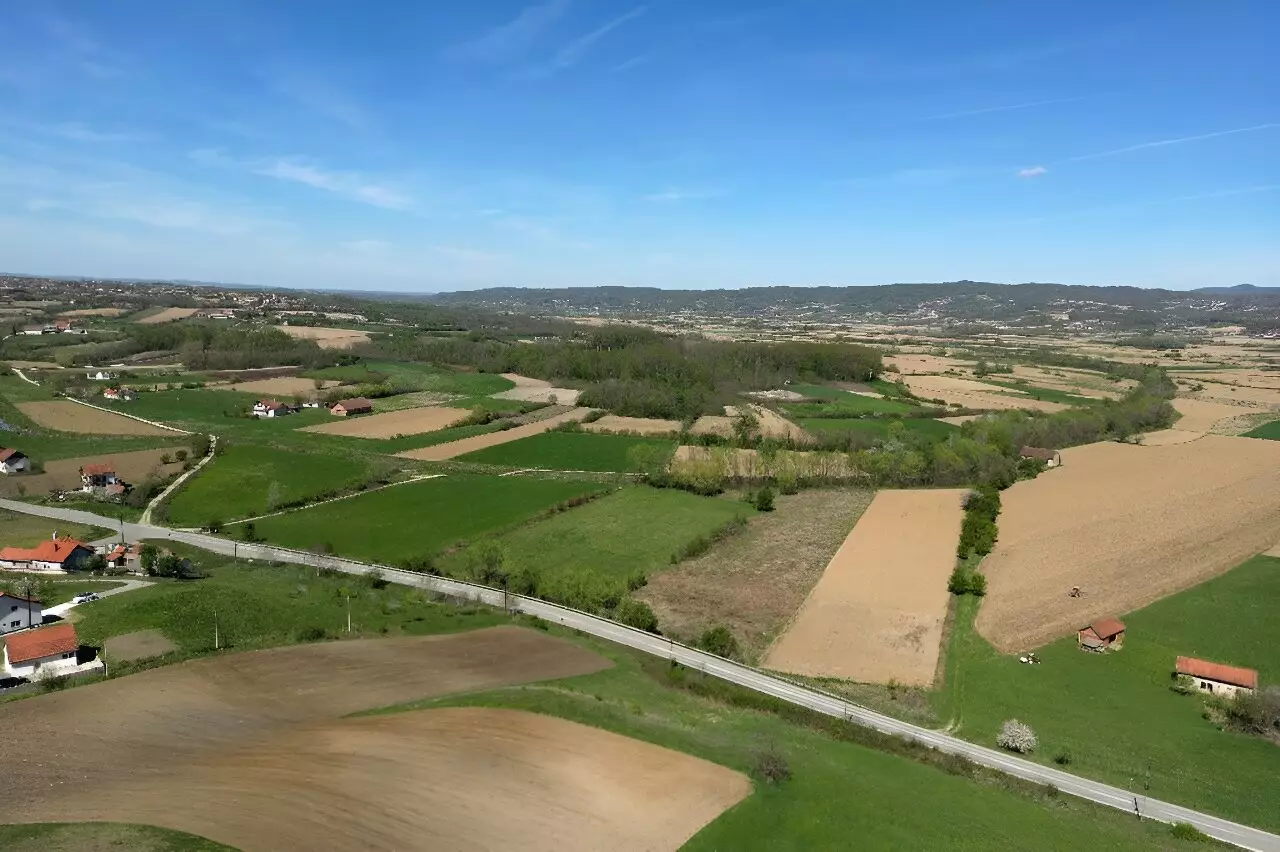President Aleksandar Vucic recently announced that Serbia could potentially begin exploiting lithium reserves as early as 2028, thanks to assurances from Australian mining company Rio Tinto and support from the European Union. The Jadar region in western Serbia is said to possess significant lithium deposits, making it a crucial resource for electric vehicle battery production in Europe. While the mining project was initially halted in 2022 due to environmental concerns and public protests, new guarantees regarding compliance with environmental standards have reignited talks about moving forward with the project.
According to Rio Tinto, the Jadar mine has the potential to produce 58,000 tonnes of lithium per year, which could significantly boost electric vehicle production in Europe. Despite previous criticisms of lack of transparency and environmental impact concerns, Rio Tinto recently released an environmental impact report aimed at addressing these issues. The company reassured that they would use safe and reliable technology to minimize any negative effects on the environment and public health.
Opponents of the lithium mining project have accused Rio Tinto and President Vucic of skirting transparency and disregarding environmental impacts in their pursuit of lithium extraction. However, Rio Tinto has dismissed these claims as misinformation and unsubstantiated, pointing to their detailed environmental impact report as evidence of their commitment to responsible mining practices. The company emphasized that the project would not harm water resources, soil, biodiversity, air quality, or human health.
With the potential opening of the Jadar mine in 2028, President Vucic believes that the project could be a game-changer for Serbia and the wider region. The mine’s projected production capacity could supply a significant portion of Europe’s electric vehicle needs, positioning Serbia as a key player in battery production. Furthermore, Serbia’s strategic partnership with the European Commission in batteries and raw materials signals a commitment to sustainable and innovative practices in the lithium mining sector.
The future of lithium mining in Serbia hinges on balancing economic development with environmental protection and public health concerns. By addressing criticisms, ensuring compliance with international standards, and fostering partnerships for sustainable growth, Serbia can potentially harness the benefits of lithium extraction while mitigating any adverse impacts on the environment and local communities.


Leave a Reply
You must be logged in to post a comment.